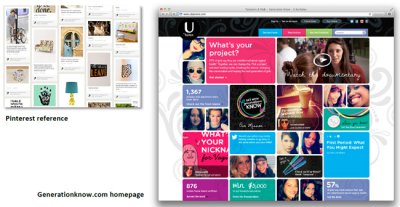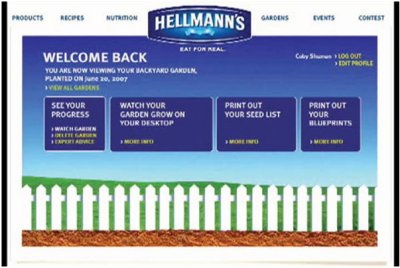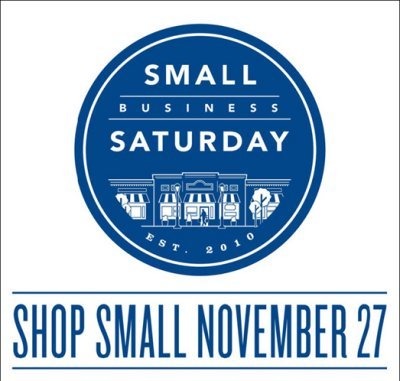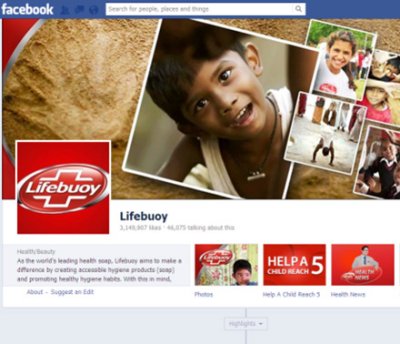The growth of purpose-driven marketing is prompting more brands to align with a social movement or a particular cause. Such movements seek to improve individuals' lives, often putting education and empowerment at the heart of the strategy.
Bridget Angear, head of planning at AMV, the UK advertising agency, outlines 10 ways to start a movement, her tips include: finding an enemy to take a stand against, build a noble purpose that essentially helps to make the world a better place and ‘build around sparks’ i.e. leverage existing events to gather momentum.
Echoing Angear’s view, Chris Thomas, chairman and chief executive officer of BBDO/Proximity in Asia, advises that a successful brand movement stems from motivation, which leads to ‘agitation’, which then leads to ‘explosion’. Thomas recommends advertisers consider the following:
- What is the role of the brand?
- What movement is right for your brand?
- What is the noble purpose you wish your brand to pursue?
- How would you achieve agitation and explosion for your brand?
So I’ve dug deep into the Warc archive to find out which brands are making strides in this space.
The feminine hygiene brand built equity in the US by creating a social movement that had the empowerment and education of young women at its core. Four influencers were invited to share their knowledge about feminine health and several documentaries were made and loaded to the ‘generation know’ website. This became a place where young girls could talk to each other about feminine health and share knowledge. Branded content came in the form of “I know” bracelets: an indication the wearer is knowledgeable about feminine health. Sales grew by 18% despite a category decline and Kotex connected with 2.7m girls online.

Hellmann's, a mayonnaise brand, had a reputation of being ‘junk in a jar’ - an unhealthy product, loaded with additives. To overcome these negative perceptions the brand started a long running campaign in North America, championing real, natural, locally-sourced food. The campaign emphasised the product’s simple ingredients: eggs, oil and vinegar. The strategy included encouraging consumers to grow, cook, eat and discuss real food. It also created partnerships promoting green initiatives. This case study cites volume and market share growth following the campaign.

American Express: Small Business Saturday
American Express launched Small Business Saturday - a major one-day event that invited businesses, consumers and public officials to rally behind an annual shopping day, to support their local small businesses. It launched on November 27, 2010, during the biggest shopping weekend of the year, to drive business to small businesses and ignite a 'shop small' movement. In a year when holiday sales increased less than 4%, that weekend saw overall sales up 9%. And small retailers saw sales to customers using their American Express Cards jump 28%. The event is now a permanent fixture of the holiday shopping calendar.

Chipotle: Cultivate a Better World
Chipotle, a high-end US fast-food chain, positioned itself as the thought leader of the sustainable food movement in this emotion-led campaign. Strategy included the creation of the non-profit Cultivate Foundation which was set up to support local farmers, raise awareness for animal welfare and promote health and education. And a Cultivate Festival of food, music and ideas helped reinforce the brand message. The TV ad was viewed over 6.9m times on YouTube and earned over 400m media impressions.
Lifebuoy: Help a child reach five
Lifebuoy, a soap brand owned by Unilever, helped to reduce child death rates by promoting hand washing in this global campaign. Preventable hygiene related diseases were the biggest child killers, with 2.1m children dying every year. People were unaware that simple hand washing techniques could save lives, and so this campaign sought to educate. A village in India was chosen to tell the story of child deaths and how hand washing could help, with content created around this theme and people around the world asked for support. Shock tactics were avoided in favour of emotive storytelling and positive human stories. The resulting global campaign, the 'Help a Child Reach Five' movement, received attention around the world, including 17m views on YouTube and 16m pledges of support across social media.

Dove – Dove’s Big Ideal: from real curves to growth curves
Dove, the personal care brand owned by Unilever has spearheaded a long-running movement to boost self-esteem and promote positive body image among women around the world. By making "more women feel more beautiful everyday", it hoped to produce a communications campaign that would be positively embraced by its target audience. In 2005 the brand established the Dove Self-Esteem Project which continues to rally support around this important issue.
Want to know more about purpose-driven marketing? Warc subscribers can browse the Brand Positioning and Brand Equity sections of our site.

